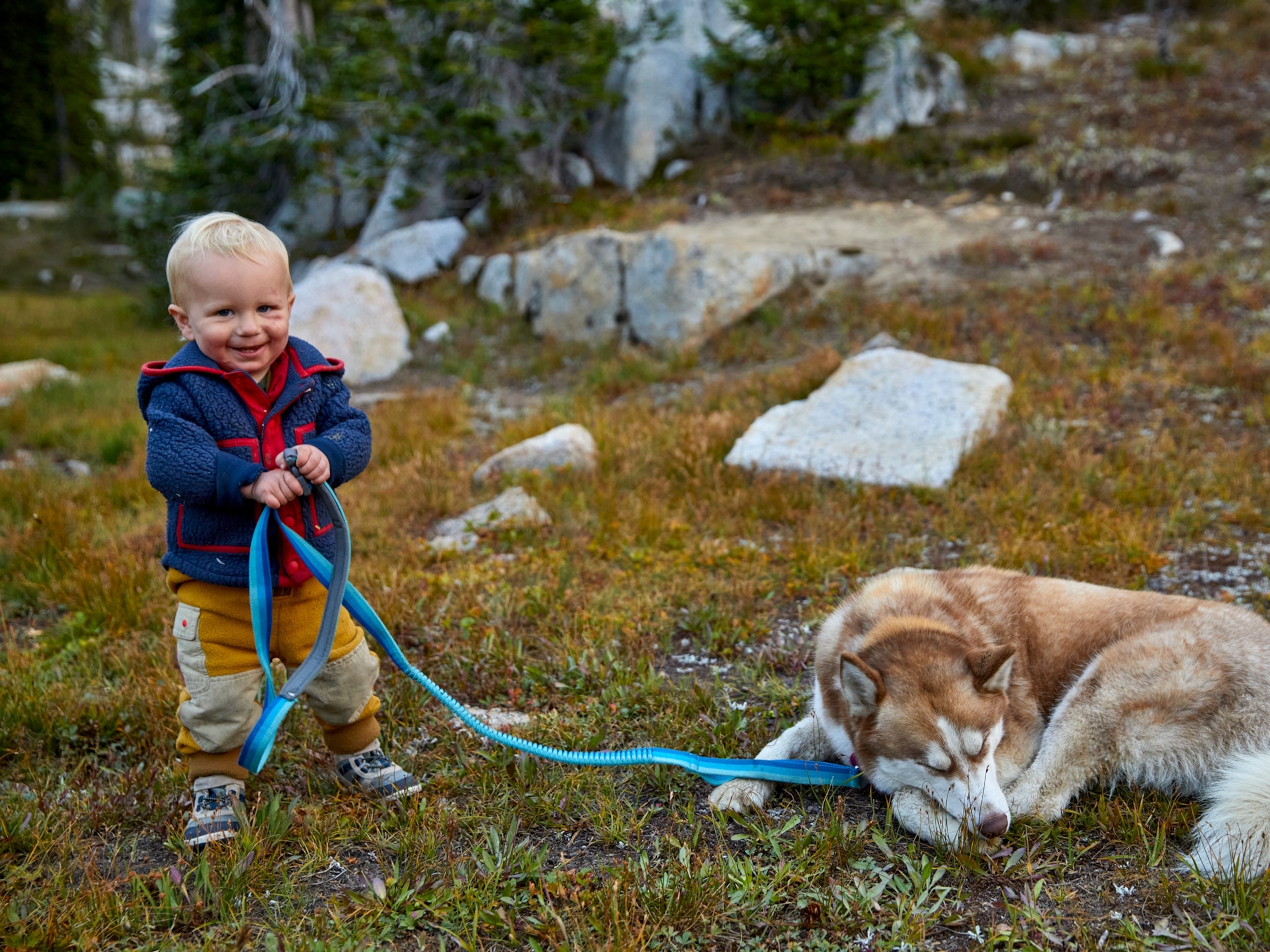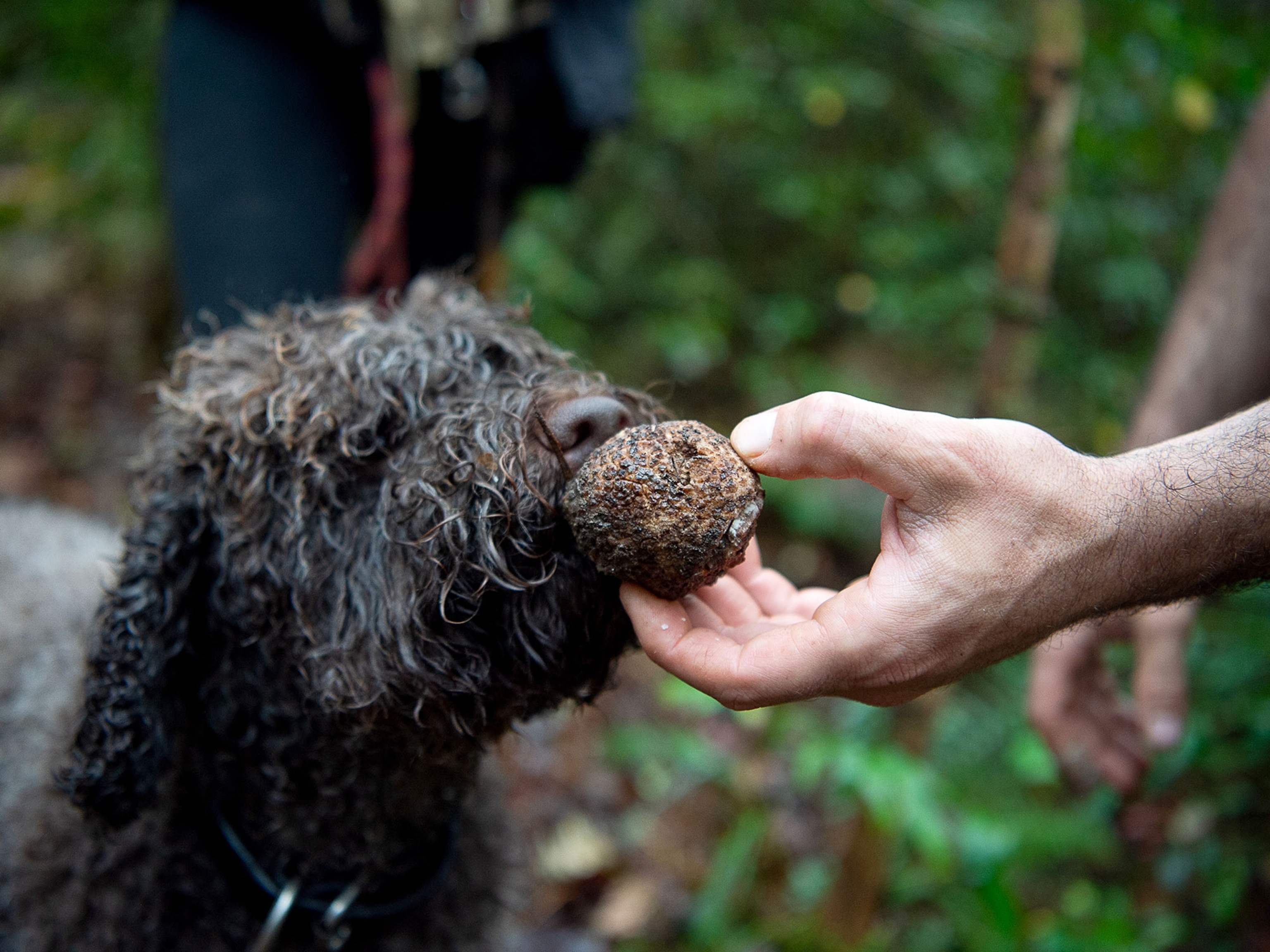One of the fundamental questions we all ask is: “Where do I come from?”
Aside from personal curiosity about our own existence and ancestry, there is a good reason for looking into it – our health.
With simple at-home tests, we can peer into distant time and eventually see pie chart slices giving us percentages on where on Earth we fit in with the human story. Along with this comes information on risk factors for diseases and the knowledge of what to potentially do about these traits.
Consumer genomics is a growing area of interest for humans. With this interest has come the rise of DNA testing for our animal companions as well, with our beloved canines at the forefront of this movement.
Fulfilling the desire to learn more about your pet’s specific genetic makeup and ancestry — to help care for them and understand them better — can be simple today with home tests too.
This sort of knowledge can help give pet owners insight into why their pet acts and behaves in certain ways. It may also help detect health risks that are anomalous to surface appearances and reported pedigree.
According to Orivet Chief Executive Officer, Dr Noam Pik, DNA testing can help take out the guesswork and scientifically establish facts about your pet’s genetic makeup, temperament and behaviour.
In one research, DNA analysis has shown that 87.5 per cent of dogs at an adoption agency who were identified as being of a certain breed, did not in fact have the genetic profile associated with that breed. This can potentially lead to mismatches between dog and owner temperament, and disharmony at home upon adoption.
With dog DNA tests, an owner can receive information on a dog’s unique breed composition. Other metrics also offer a comprehensive overview of your pet’s health and personal nutrition recommendations.
Health risks can take into account the breed makeup, age, weight, sex, and other lifestyle factors of your pet.
Tests can detect interesting variations in the ancestry of a purported purebred. They can also uncover something more exacting and exotic in the genetic past of a mongrel.
With this sort of information at hand, we could identify definitively for instance, the precise composition of Laika the famous Soviet space dog as part Husky (or possibly Samoyed) and part terrier.
With the report back from the lab analysis, testing services can formulate personal healthcare plans, similar to what is going on with genetic-based precision healthcare for humans.
Information like this enables owners to improve and understand their pet’s special needs over different life stages, from puppyhood to adulthood and beyond. Orivet Genetic Pet Care offers these types of services to help you build a personalized “road map” to good health for your pet.
George Sofronidis, Co-Founder and Managing Director at Orivet, says it’s about getting some insight into what potential genetic conditions your dog may be predisposed to or more importantly not predisposed to.
“Your animal can now join the DNA revolution.
“It allows you to work with your veterinarian to assess and monitor any particular symptoms that may be associated with the genetic testing leading to early detection and in some cases even prevention of disease,” Sofronidis says.
Orivet uses the most comprehensive canine database in the world that keeps track of thousands of genetic markers that can be identified in more than 250 breeds and varieties.
The science of DNA testing for dogs includes information about our canine and human history spanning an estimated 16,000 years since domestication, and shows how different breeds – from scent hounds, to working dogs, herders, and retrievers – made it into the present day in all their combinations.
“In the end, genetic testing will never replace the bond you have with your animal and the way you interact with your animal, it simply provides you some means of better understanding some of their requirements and why it may fetch the ball and not bring it back,” Sofronidis says.
So, whether your best friend is a purebred or a Labradoodle or a Dorgi, the rise of dog DNA testing promises to keep them healthier and happier as you enjoy each day together.




